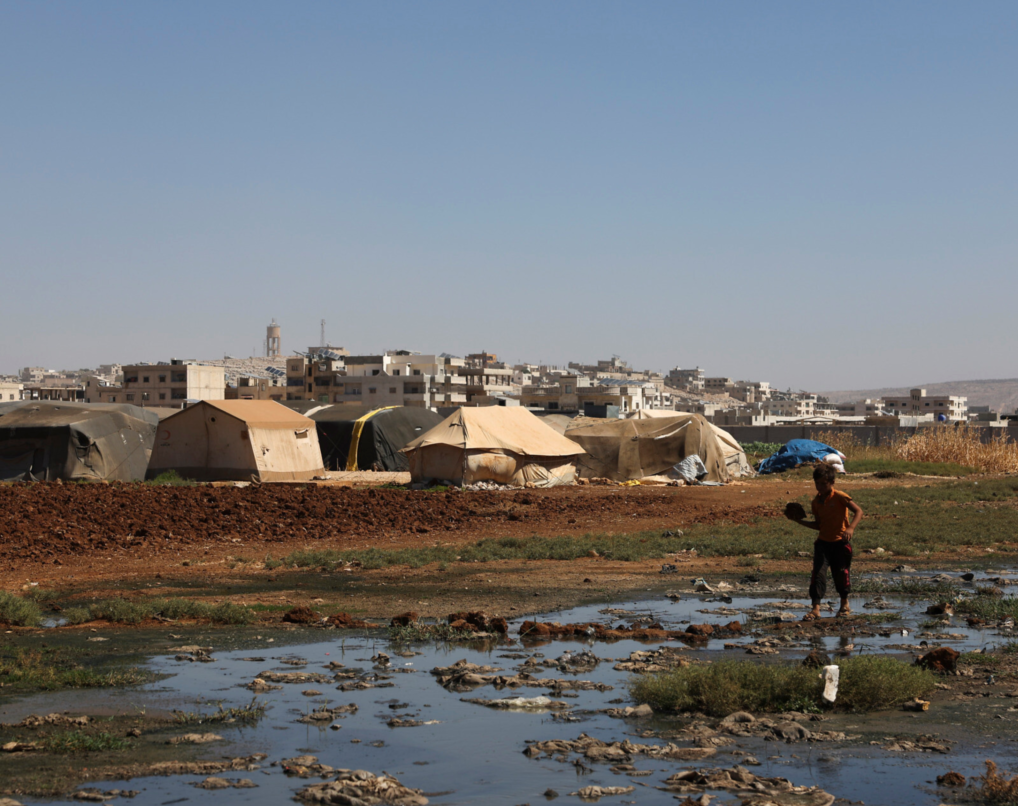Syria Monthly Report
November 2022
South & central
Service provision collapse reaches unprecedented depths
Government policies constrain economy
Northeast
Turkey launches Operation Claw-Sword
Northwest
IDP camps unprepared and underfunded for winter
Controlling the fuel sector in Idleb
Summary
The Turkish aerial bombardment of northern Syria, operation Claw Sword, has targeted a number of civilian and public infrastructure, causing damage to private property, and the destruction of oil stations, gas fields, power plants, grain silos, and health facilities. The US and Russia have both called for a de-escalation, and condemn a potential ground invasion, fearing further destabilization of security in the northeast, particularly (for the US) in relation to the presence of ISIS. Despite this, Turkey’s role as a US ally in NATO, and economic facilitation of Russian exports amid Western sanctions, have reduced those countries’ ability to criticize.
Disruptions to the fuel supply chain from Administration-held areas into south and central Syria, as a result of the ongoing aerial bombardments in the north are likely to have reduced deliveries of much-needed fuel. Severe fuel shortages in government-held areas are causing near-complete paralysis in the provision of state-controlled services and commodity markets. The paralysis has resulted in increased fuel, water, and electricity rationing, greatly impacting both household conditions and economic activity in the region. Damascus and the Central Bank continue to grapple with problems of the depreciating pound and dwindling foreign currency reserves, implementing unfeasible restrictions on import payments, and currency traders, and promoting digital payments as a way to monitor (and generate) taxes – measures which are currently limited in their success.
The northwest is also facing fuel shortages, with supply chain disruptions, this time from Turkey, affecting deliveries into Idleb. Hay’at Tahrir al-Sham and the Syrian Salvation Government appear, through military and administrative means, to be gaining control of more of the supply and distribution of fuel; a recent revocation of the Watad Fuel Company’s license to operate in Idleb, and the granting of licenses to six other companies indicates change, however what the extent of these changes are is unclear.
With the coming winter, and potential new waves of displacement in northern Syria, focus is on winterisation efforts in IDP camps. In the northwest, these efforts are falling short, as shelters in many camps are insufficient; tents are reaching their end-of-life, and residents are exposed to flooding and cold temperatures. Also concerning is the continued cholera outbreak, and other health problems related to contaminated water – in some camps, sewage contaminates household water, while potable water provision is lacking. Targeted missile strikes on the camps have damaged living areas further. Efforts to repatriate IDPs continue, with successes seen in the provision of housing by humanitarian groups, and governance actors, however the scale of displacement undermines their impact.


